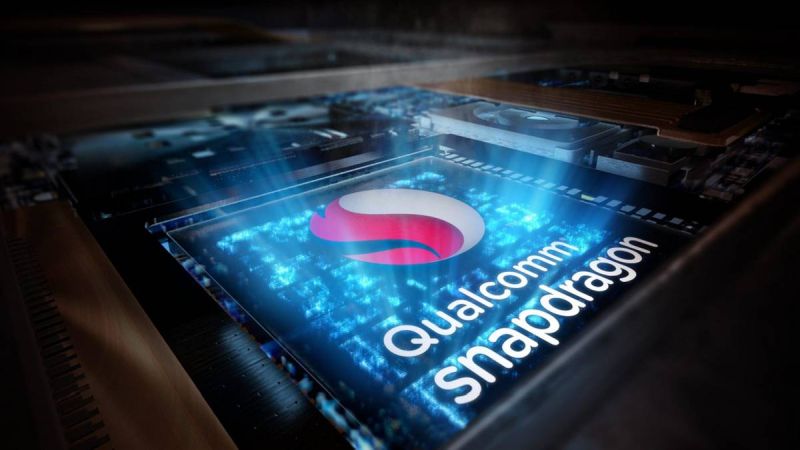According to an analyst at KeyBanc Capital Markets, the chances of Huawei embracing Qualcomm’s next-generation Snapdragon chipsets is look more likely, given the numerous restrictions currently imposed on it. Of course, in order for the US-based semiconductor brand to do this, the company may need to apply for a license with the US Bureau of Industry and Security. From there, Qualcomm will most likely enter into a license agreement with Huawei before any progress can be made. It should go without saying that the above story is merely a theory by the analyst and as such, is nothing more than a pipedream at this stage. As we all know, Huawei is currently being denied access to materials from several US-based companies. This currently includes Intel, Qualcomm, and Google to name a few, with the latter’s Google Mobile Services (GMS) being restricted.
That isn’t to say that Huawei isn’t holding out on its own; since the issuance of the US executive order last year, the company has bitten the bullet and released its Mate 30 series and current P40 series flagships with its own Mobile Service, HMS. In addition, it also launched its own 7nm Kirin 990 flagship SoC. Lastly, after the Trump administration decided to extend its sanctions against China and, by extension, Huawei, by indirectly cutting off its supply line with TSMC. The country’s ruling Chinese Communist Party (CCP) announced that it would be pumping approximately RM9.57 billion into a local foundry called Semiconductor Manufacturing International Corporation (SMIC). (Source: Barron’s via PhoneArena)
